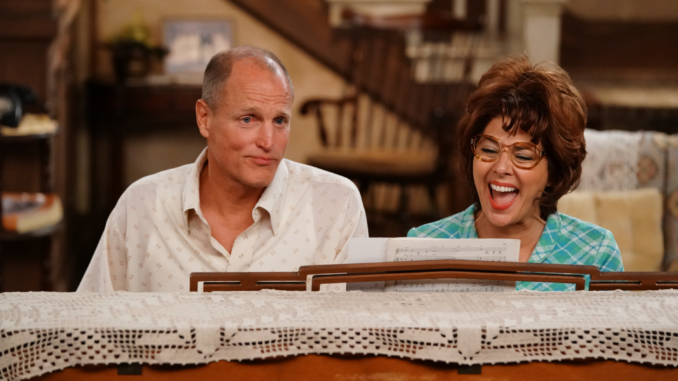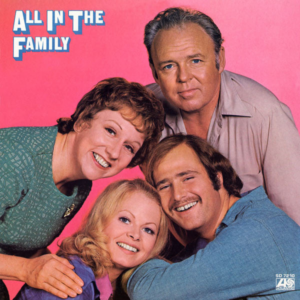
It’s been over five decades since “All in the Family” first aired, and yet, its humor remains as sharp, relevant, and controversial as ever. So what is the secret to the show’s timeless appeal? The answer lies in its unique blend of irreverence, social commentary, and, above all, a deep understanding of the human condition.
At the heart of “All in the Family” is its ability to tackle tough topics with humor. Whether it’s racism, sexism, or politics, the show never shied away from the difficult issues of the day. And it didn’t just present these issues in a dry, preachy way—it used comedy to expose the absurdity of the prejudices and stereotypes that were so prevalent in American society. In this way, “All in the Family” didn’t just entertain; it made people think.
One of the key elements of the show’s humor was its fearless willingness to push boundaries. “All in the Family” was one of the first sitcoms to use adult language, tackle taboo topics, and show characters with real, flawed personalities. In an era when TV was still largely sanitized, “All in the Family” felt raw and real. It made its audience uncomfortable at times, but it also made them laugh—often at things they never thought they would.
The character of Archie Bunker, in particular, was central to this bold approach. His unapologetic bigotry and narrow-minded views were, in many ways, a direct challenge to the political correctness of the time. But rather than simply demonizing him, the show used Archie’s flaws to highlight the absurdity of his views and the generational divide between him and his more liberal family members. The humor in “All in the Family” came from the way it exposed these divides, often with biting sarcasm and sharp wit.
But the show wasn’t just about making fun of Archie’s prejudices—it also highlighted the complexity of the issues at hand. For example, while Archie was a caricature of outdated conservative views, his character also had moments of tenderness and vulnerability that made him more than just a punchline. Similarly, his interactions with other characters—especially his son-in-law Mike, the liberal college student—provided a nuanced exploration of the generational, political, and social divides that were shaping American society.
The timelessness of “All in the Family” can also be attributed to its universality. While the show was very much a product of its time, dealing with issues that were specific to the 1970s, its themes of family dynamics, generational conflict, and societal change are still relevant today. In many ways, “All in the Family” predicted the culture wars of the 1980s and beyond, showing how deeply divided Americans were (and still are) when it comes to issues of race, class, and politics.

In a world where comedy is often sanitized to avoid offending anyone, “All in the Family” stands as a reminder of the power of humor to challenge the status quo. It was a show that knew how to laugh at itself and, in doing so, made us laugh at the world around us. For anyone who loves TV that takes risks and tackles difficult issues head-on, “All in the Family” is still as relevant as ever—and its humor is just as sharp as it was when it first aired.
